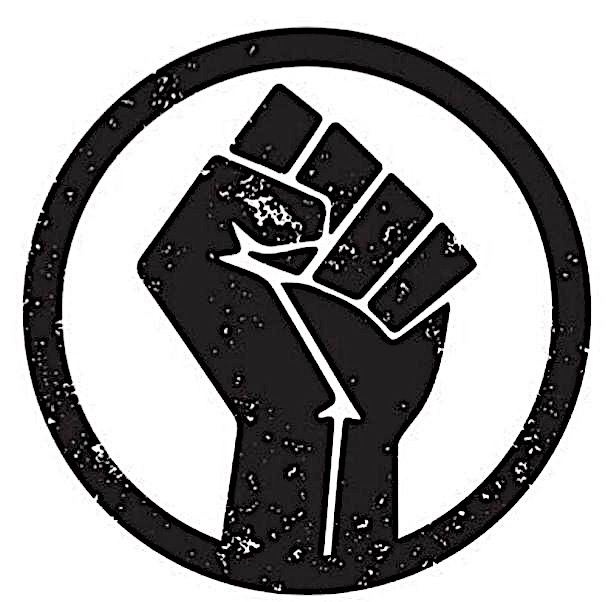
By Victoria Sananikone, editor in chief
Photos from Getty Images and students
My desire to speak out against racism and the urgency to address injustice had been plaguing my conscience. This is a problem that is bigger than I will ever be, and for that I choose to stand with the oppressed whose skin color alienates them from the equality they deserve. McKendree University is a melting pot of races with a significant amount of African American students. During this time, it is imperative that we start a conversation about Black Lives Matter, and we must extend a hand to our fellow black students. See them, hear them, stand with them.
Yesterday, I learned about the massacre of Black Wall Street. Black Wall Street is located in Tulsa, Oklahoma’s Greenwood District, and it was one of the most economically prosperous African American communities in the early 1900s. African American’s owned this sophisticated district, with property to their names that included hotels, banks, cafes, churches, and theaters. Their schools had superior education systems along with other luxuries that the white folk of Oklahoma loathed them for, believing that these powerful, high-class African Americans should be put in their place.
On May 30, 1921, a black man named Dick Rowland was accused of assaulting a woman in an elevator of the Drexel building in downtown Tulsa, a report that quickly circulated through the white community and sparked outrage. At the court hearing, the confrontation between the black and white mobs unleashed a series of gun shots which forced the African Americans to retreat back to Black Wall Street. The white mobs of Tulsa followed them, invading Greenwood to set the buildings ablaze and destroy the entire district. The white folk gunned down any black person that crossed their path, fueling the fires with nitroglycerin bombs, laying waste to every shop and home once it was looted. 300 people were killed, and 800 people were injured, simply because the white citizens could not stand the idea of black individuals achieving economic and personal prosperity.
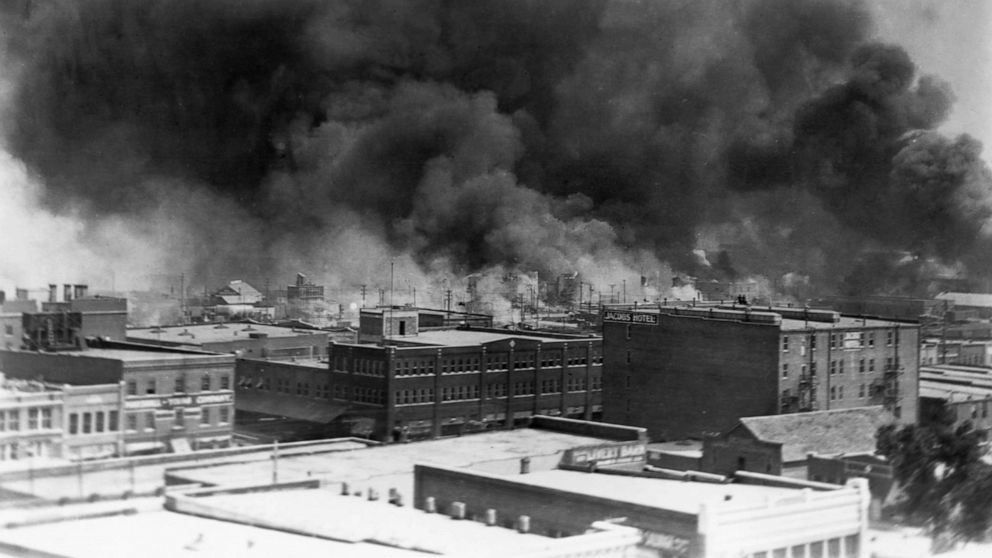
It has been almost 100 years since the devastating Black Wall Street massacre, and the murders of innocent African Americans has continued to prevail throughout all of these years. Michael Brown, Janet Wilson, Anthony Hill, Walter Scott, Atatiana Jefferson, Trayvon Martin, Aiyana Jones, Eric Garner, and Breonna Taylor are only a droplet of names in the ocean of deceased African Americans murdered by white individuals. And now, George Floyd, a man who was asphyxiated by a white police officer’s knee as he was pinned to the pavement for eight minutes and 46 seconds.
Floyd’s breathless attempts to voice his discomfort were ignored, the familiar phrase “I can’t breathe” expelling from his lips and reminding us of other black humans who were treated with the same cruelty. He cried out for his mother, but officer Derek Chauvin refused to acknowledge Floyd’s anguish as he stared into the camera that recorded him committing this despicable manslaughter. No remorse, no sign of easing off Floyd’s neck. Chauvin wanted George Floyd dead.
McKendree alumn Izaya Owotor had a passionate response when asked about how racism and the George Floyd case has affected him.
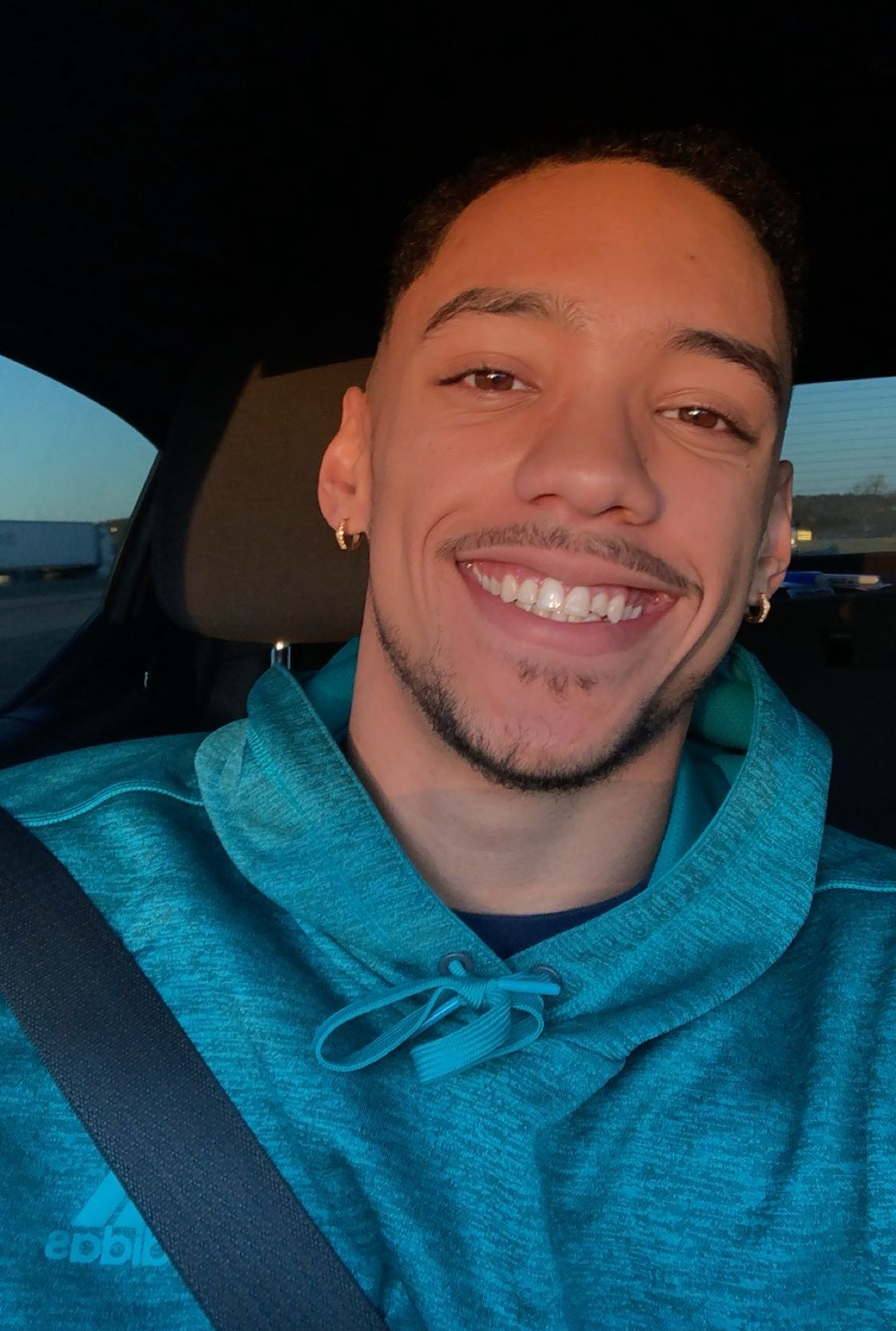
“George Floyd was another form of injustice that I’ve seen far too often in my lifetime,” Owotor said. “I think so many people having this free time due to the pandemic is a blessing in disguise. The amount of times we have had these “say his/her/their name” posts without resolution is ridiculous. The people are finally being heard and justice is finally peeking its head around the corner. As a black man with a white mother, I’ve seen white privilege my whole life. We’ve even seen in these protests how white people will stand between a black citizen and an officer. That alone shows you people are hyper aware of the power their skin holds and is why we are protesting in the first place. No one’s skin color should determine how they are treated in society. However, as a black man of a lighter complexion I also have a privilege that I was ignorant to for a lot of my life. It’s important to recognize the privilege one holds and use it to help those without.”
Incoming senior Jamari Johnson had an eye-opening answer to the same question.
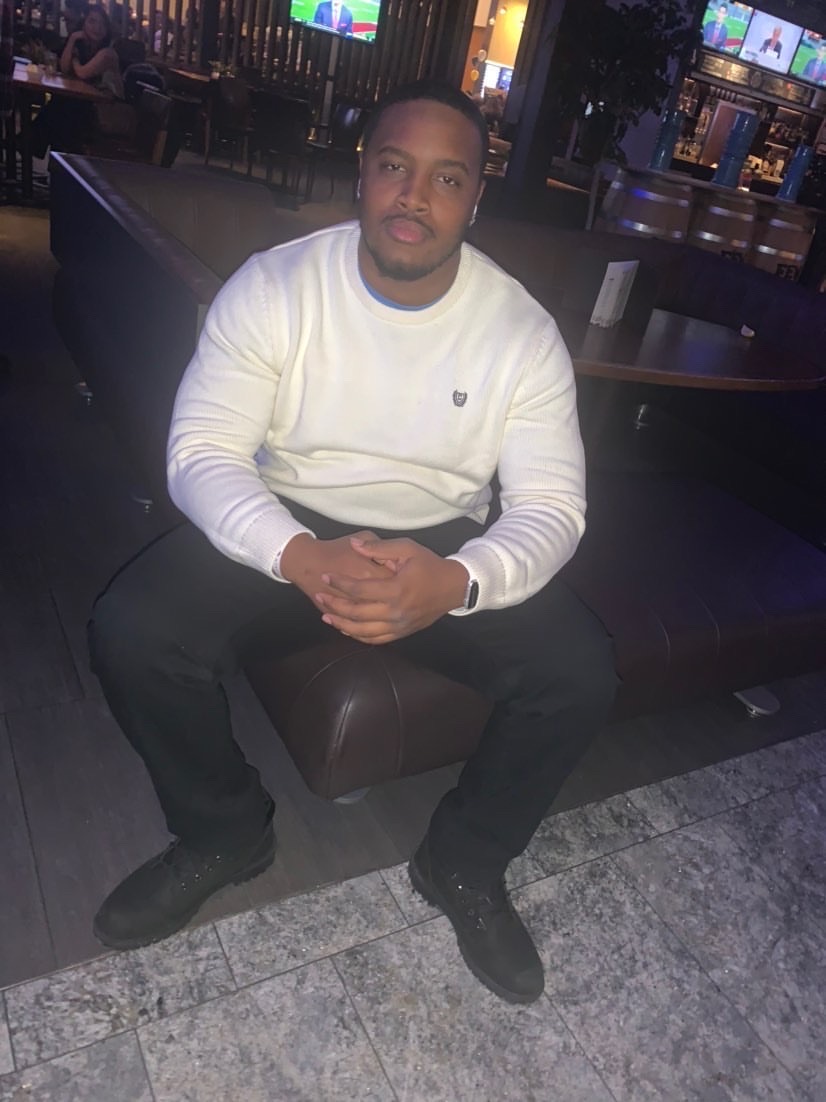
“It’s been going on for years that police have been treating African Americans like their lives don’t matter, and it’s time for that to change,” Johnson said. “There are moments when I am outside the house and I see police, and I fear that they would try to do something dangerous to me because I’m black. I’m tired of having that fear. We should make a change in our society by letting African Americans speak on how they feel. Every one of us has something to say that we feel people should hear about. It will help them understand the pain and frustration we go through every day. I just want us to be heard more and get the same respect as any other race in this country.”
I have come across a few videos and articles that aim to discredit George Floyd’s murder and explain why he should not be lifted up in the black community. These forms of media emphasize that Floyd had a “violent criminal history.” He had been in and out of jail, and drug abuse was prevalent in his life. An autopsy concluded that he was under the influence of fentanyl and methamphetamine when he was arrested. We are urged not to put Floyd on a pedestal, to remember that he was not an honorable man who should be praised. They reiterate that this “gentle giant” was just another criminal who did not lead a heroic lifestyle.
While I agree that Floyd’s crimes should not be praised, and that his use of hard drugs was unfortunate, I believe that these media outlets are missing the mark when it comes to standing up for racial injustice. The multitude of protests, riots, and the push for Black Lives Matter began when a video emerged of Floyd pleading for his life. His death was the last stroke of tolerance for the murders of innocent African Americans. No one is holding up a protest sign that reads “George Floyd is a hero because he went to prison,” or “George Floyd held a gun against a pregnant woman’s stomach and I support it.” This is not, nor will it ever be, about what he did in the past. This is about an unarmed black man who was killed in cold blood by a white hand. This is about a black man who was pinned on the ground to suffocate after showing no signs of aggression, while mass shooters with pale skin are led away with a firm grip on their elbow after taking countless lives. This is about the hundreds and thousands of black people who have suffered through racial inequality since the beginning of time. It is disappointing how some people refuse to let go of the mistakes someone made in the past, and instead bring to light the reasons why we shouldn’t take a stand in their honor.
McKendree alumna Tyana Williams posed a deep question pondered by those who will never understand the concept of racism.
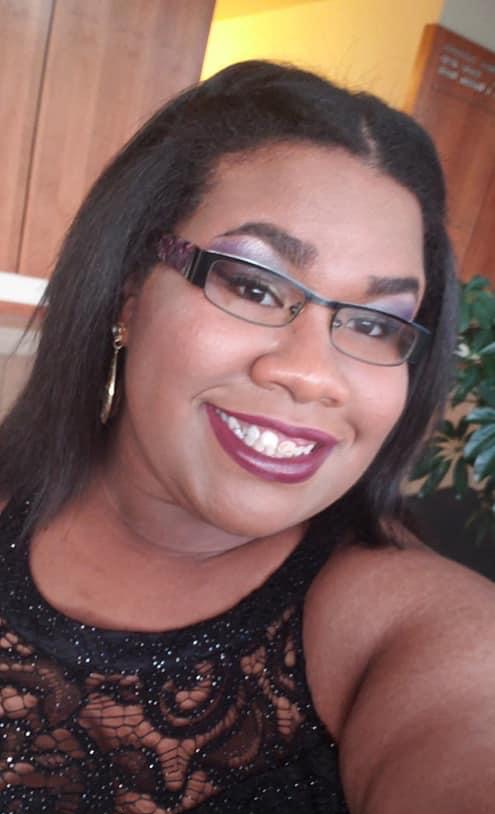
“Who made white the standard that deserves all the access in the world above all the rest of us?” Williams said. “The death of George Floyd was the one that really solidified me in the fact that police could take advantage of the fact that I am a black person and kill me, because 9 times out of 10 nothing will happen to them. It really shook me realizing that in this day and age, in 2020, racism is still just like what my grandma and great-grandmother saw back in the day; very scary thought to think about.”
I find one thing to be incredibly beautiful about everything that is going on: the singular motive to combat black inequality throughout the world. Canada, Australia, Brazil, France, Germany, The United Kingdom, Japan, Korea, Mexico, Denmark, Poland, Spain, Italy; capital cities within all of these countries have become littered with protesters seeking justice for George Floyd and an end to racism. As every race comes together to inflict change, hope for the future of the black community is reignited.
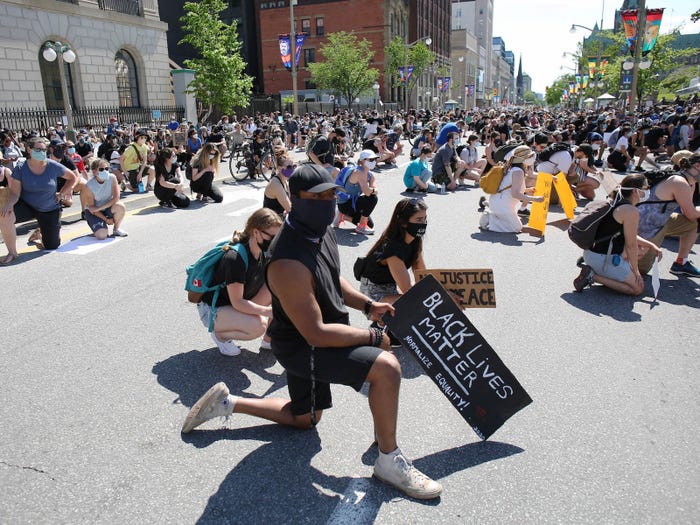
“Issues we are fighting against go beyond those affected in America,” incoming junior Kenneth Glidden from the Cayman Islands said. “Hopefully this will spark change everywhere, especially for us in the Caribbean, as well as all over the world.”
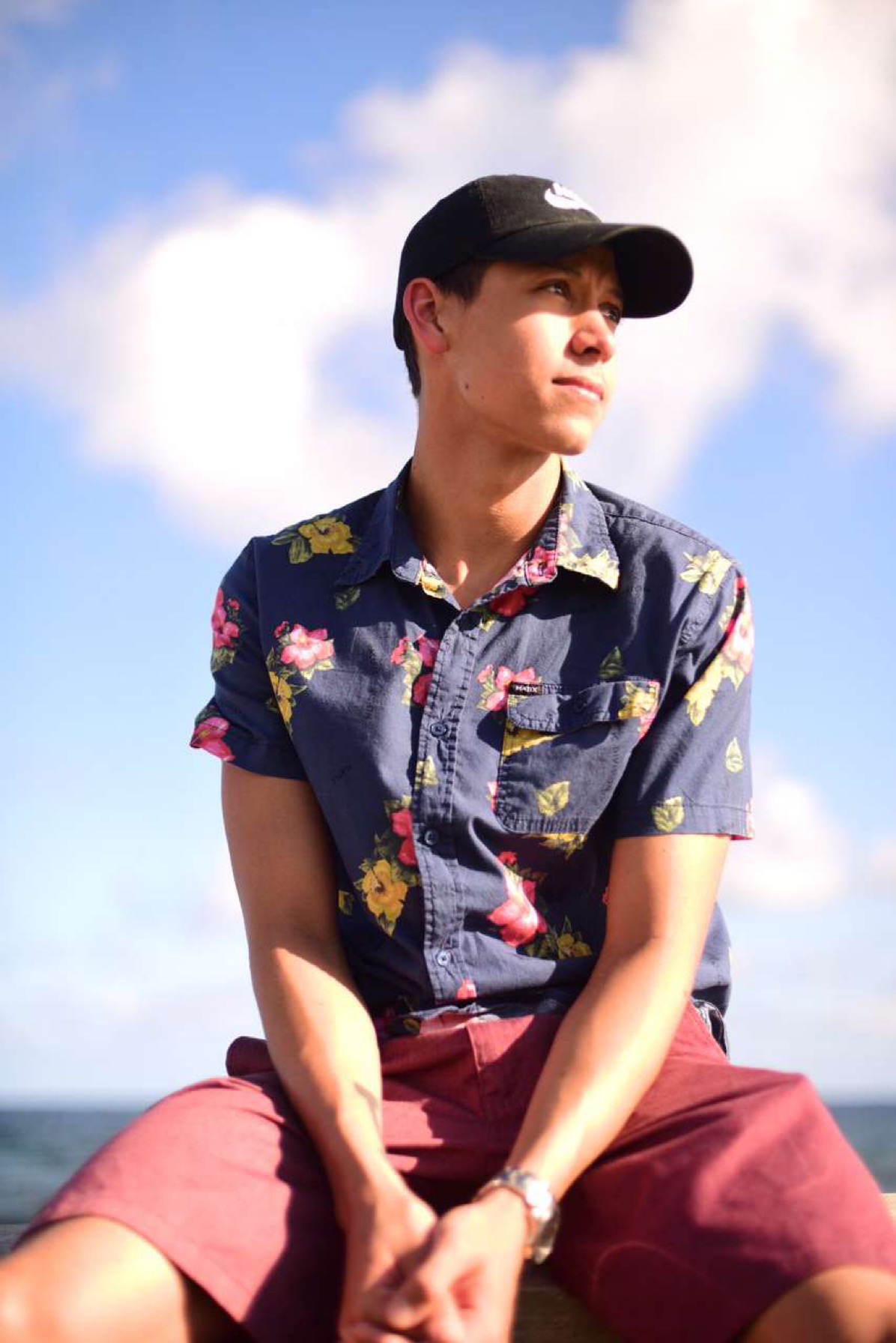
But, don’t all lives matter?
The phrase “all lives matter” completely disregards the suffering endured by African Americans who are the most marginalized. It is a phrase said by those who truly do not understand racism, or those who refuse to acknowledge/agree with the level of discrimination that black people face. Incoming senior Preston Crawford added a resonating truth to this concept.
“When the color of someone’s skin is seen as a threat or weapon they will never be seen as unarmed,” Crawford said. “All lives can’t matter until black lives matter!”
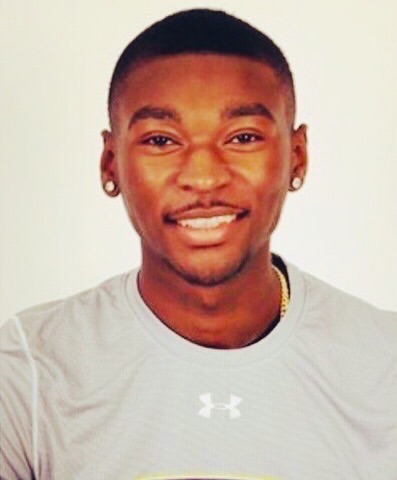
Speaking to different students and alumni of African American descent granted me with a better understanding of how they feel in their own skin. I hope that their responses do the same for you. When asked how one should combat racial injustice, I was met with responses that we should all take the time to think about.
Izaya Owotor:
“Keep posting, keep talking, keep protesting. We are being heard. This isn’t a weeklong fight. We’re battling over 400 years of oppression it’s going to take time. Confront those making insensitive comments about oppressed groups. It’s not funny. People are dying. If you’re truly not racist then don’t be afraid to speak out when people’s “opinions” are racist, misogynistic, homophobic, transphobic, etc.”
Tyana Williams:
“Educate and don’t be afraid to shake the table and talk about racism! The only way it will ever go away is, one, acknowledge that racism/systemic racism does exist and is used to hurt so many groups of people, especially black people. Understand that black people are targeted far more often because of systemic racism. Two, whether you are actually racist or not, if you are white, you’re automatically privileged and have access to better resources. Check out the differences between white and black school districts. Also, I’m not disregarding poorer white people, but they still benefit from privilege as well. Three, racism is taught, and we need to teach histories of all people and share experiences of all people so that everyone understands one another and can disregard harmful stereotypes and prejudices.”
Check out the links below if you want to learn more about Black Lives Matter, or if you want to donate and make your mark on the fight for racial equality.
https://secure.actblue.com/donate/ms_blm_homepage_2019
https://blacklivesmatters.carrd.co/
https://www.gofundme.com/f/georgefloyd
https://www.cuapb.org/who_we_are
I hope many of you will get out and protest. If you can’t get into St. Louis, there are local protests happening in Lebanon and other local towns (Look up STAR (Small Towns Against Racism). There will be one Saturday at the end of St. Louis Street at 1 p.m.
Great article Victoria!
Victoria, what a powerful article you’e written. I applaud your inclusion of so many voices from our McKendree community. It’s interesting to me that during this time of social distancing, when we are forced to stay apart, people around the world are clamoring to unite more closely than ever in support of Black Lives Matter and the issues of systemic racism. That gives me some hope. Thank you for sharing this thoughtful piece with the McKendree community.